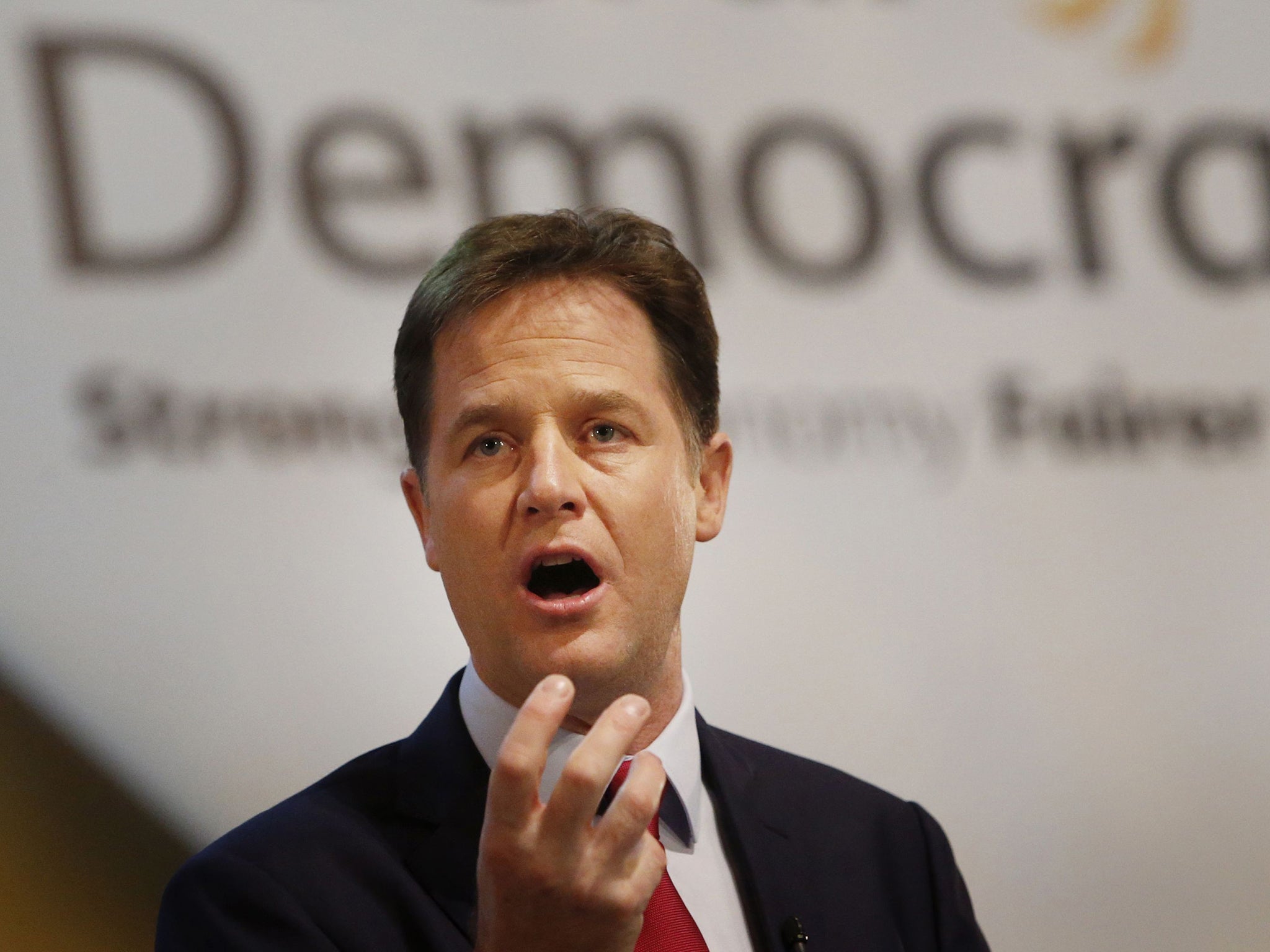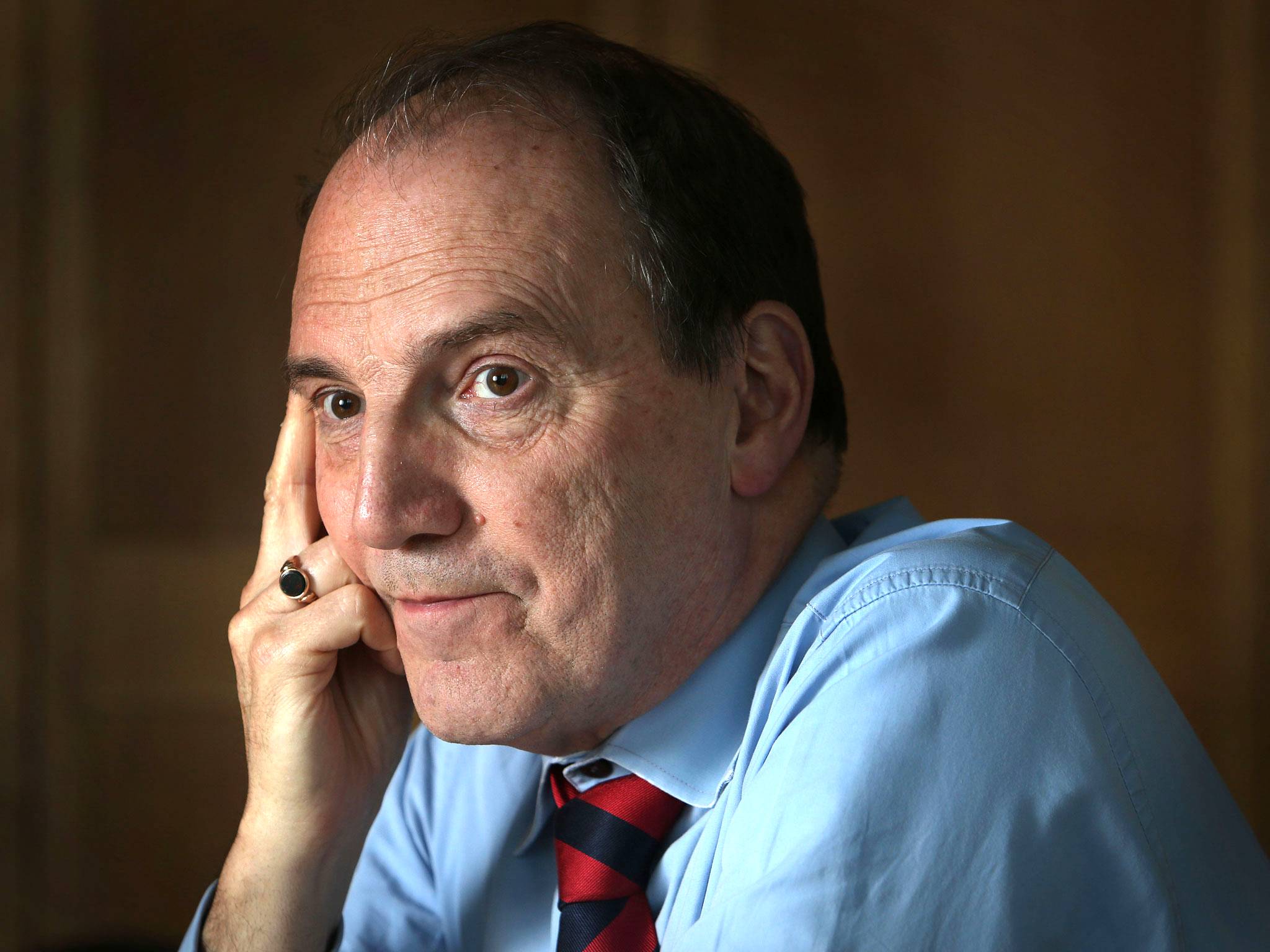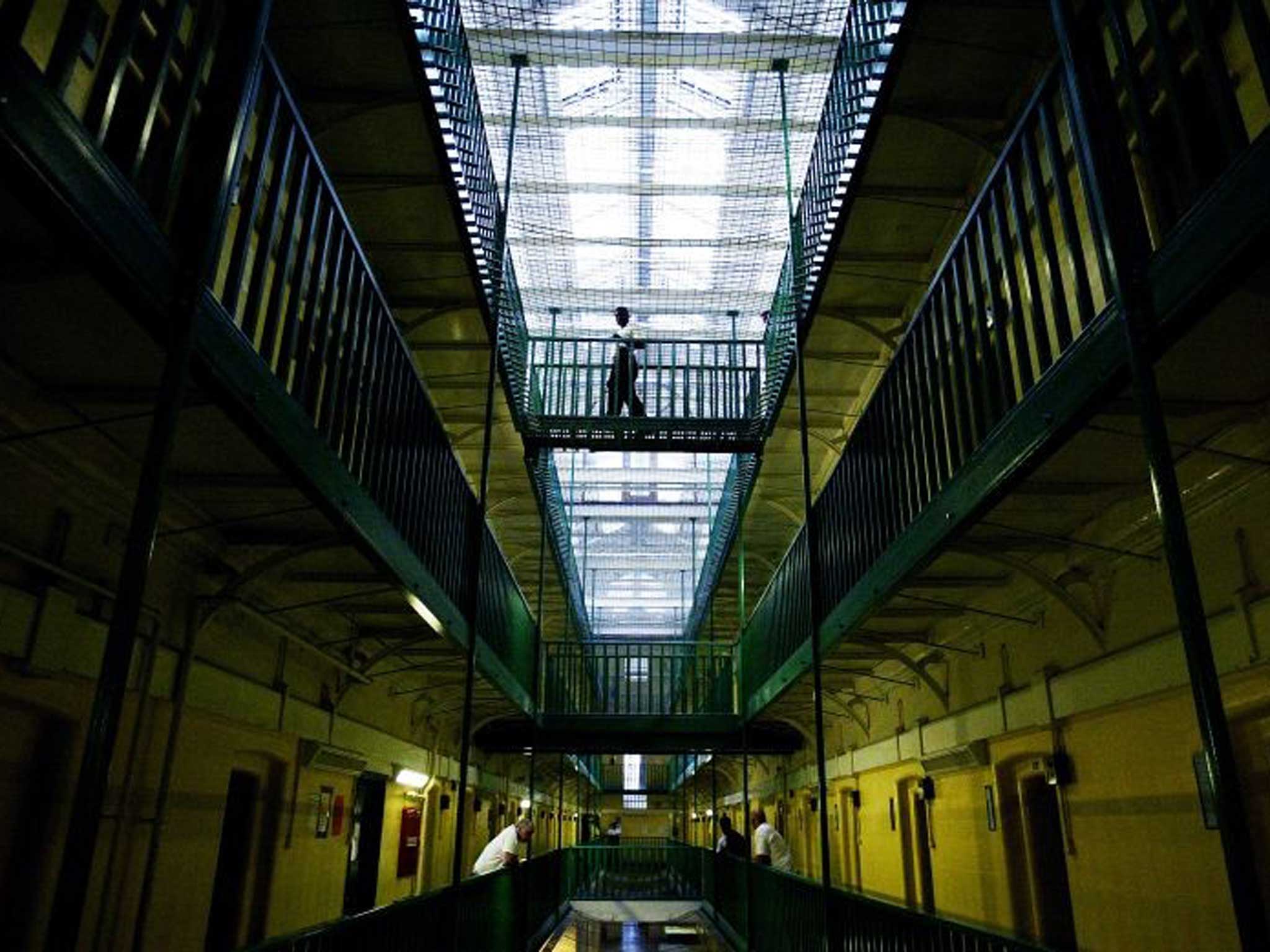Nigel Morris: The Lib Dems' achievements are falling on deaf ears
When it comes to criminal justice, senior Lib Dems will be facing uncomfortable questions over the Government’s performance since 2010

Reducing incarceration rates only exceeded in Europe by Russia and Azerbaijan. Slashing numbers of offenders locked up for short periods and diverting them to more constructive, community-work schemes.
Ensuring inmates spend their time usefully rather than whiling away the hours in their cells, transforming jails into places of learning and rehabilitation.
The Liberal Democrat vision of how the criminal justice system should operate has remained pretty consistent for many years, long predating the spell when a youthful Nick Clegg was the party’s home-affairs spokesman.
The difference when they set out their stall at next year’s general election is that the party has had a spell in office – rather than decades of untested, idealistic promises – by which to judge it.
When it comes to criminal justice, senior Lib Dems will be facing uncomfortable questions over the Government’s performance since 2010 and whether they have helped to drive up standards in the creaking system inherited from Labour by the Coalition.
Prisons are still bulging, instances of violence, suicide and self-harm are increasing and high reoffending rates will not win any plaudits from critics.

At this week’s Lib Dem conference, Simon Hughes, the justice minister, listed some solid achievements which he claimed bore the party’s clear imprint. He said that the numbers of women and children who are imprisoned had fallen on the Coalition’s watch, that alternatives to prison had been developed and that the Lib Dems had reined in the Tories’ “urges to have more offences with higher sentences”.
On the ledger of achievements, though, these are pretty modest when set alongside the warning from the Chief Inspector of Prisons that overcrowding and staff shortages are linked to inmates’ suicides or the Lib Dems’ powerlessness to block Chris Grayling’s part-privatisation of the National Probation Service.
Mr Hughes, who knows a little of the reality of prison life after volunteering to spend three nights behind bars, said his party needed more time to prove it was having an effect on a complex policy area and argued that it would take many years to turn round the “supertanker” of the criminal justice system.
But with scant evidence that it has even begun to change course, his response did not impress Ralph Valerio, of the Prison Officers’ Association, who accused the Lib Dems of having a minimal impact and chided him: “If you are going to be in a coalition in future, be more of an influence.”
Dean Rogers, of the National Association of Probation Officers, went further and charged the Lib Dem minister with fiddling while the probation system burned under the Tories. Mr Hughes retorted that the privatisation was “proceeding more smoothly than you expected”. The clashes underline a serious problem for the junior governing party which resonates across Whitehall – it has spent years receiving brickbats for Coalition problems but has won precious few bouquets for its successes.

Far more voters know of the infamous U-turn over university tuition fees than remember that the Lib Dems pioneered the pupil premium.
Many more will be aware of the Conservative-driven overhaul of the National Health Service than know that shared parental leave was driven into law by Mr Clegg.
If the Coalition is given any credit for the steady fall in recorded crime, it is much more likely to go to Theresa May than the two Lib Dems who have served under her as crime-reduction ministers.
For four years the Lib Dems have struggled across government to make their voices heard, and opinion polls – as well as real votes cast in real elections – suggest they could face an electoral reckoning for that failure.
Mr Hughes, who is among the party’s doughtiest campaigners, will keep plugging away, telling anyone who is listening that it was his party that stopped the Conservatives scrapping human rights legislation and prevented its Coalition partners from undermining civil liberties.
But the real worry for Lib Dem chiefs is that not enough people are listening any more.

Join our commenting forum
Join thought-provoking conversations, follow other Independent readers and see their replies